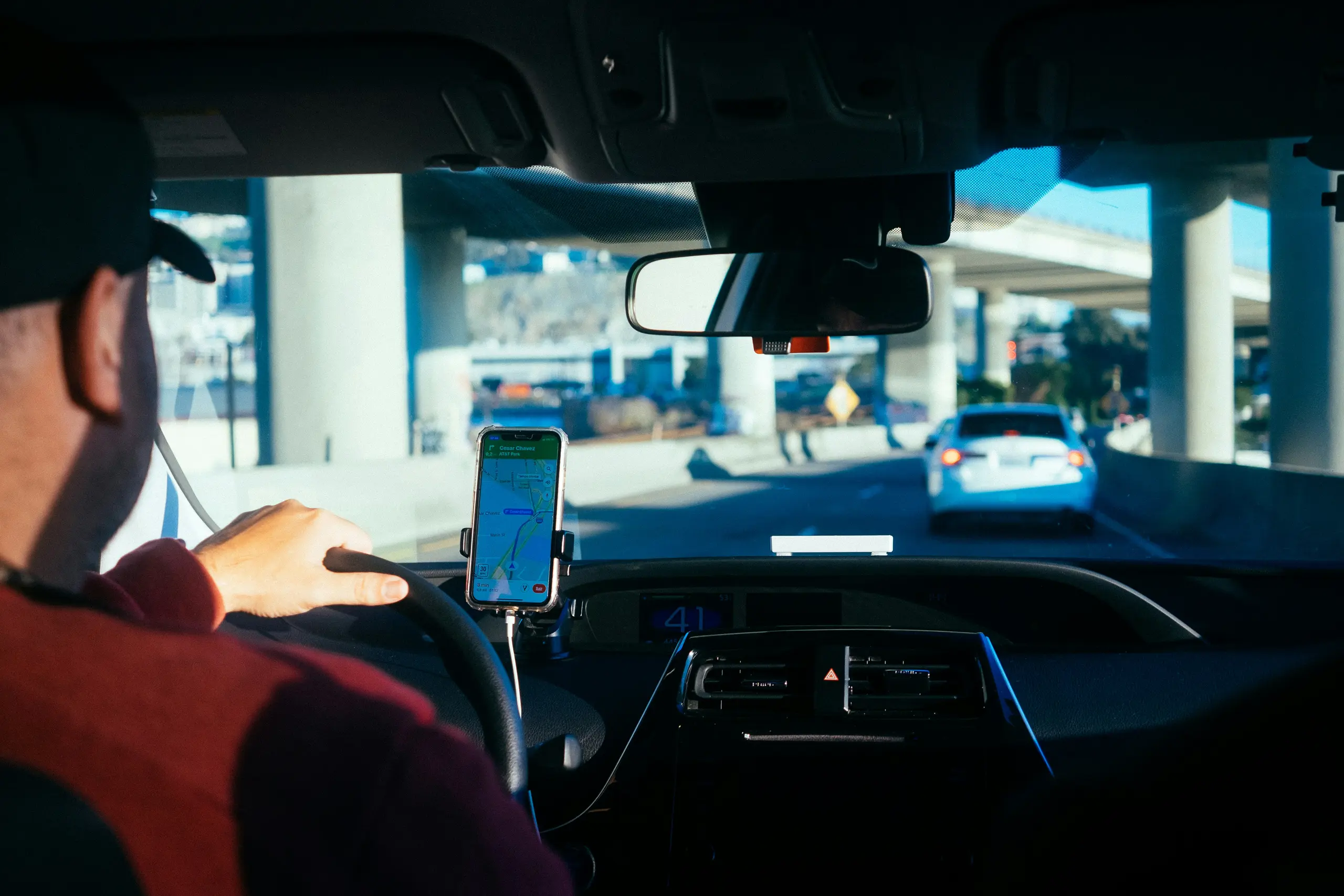Involved in a serious accident? How dash cams/car cameras can help with education!
Author
John L. Urban
Veröffentlicht
11.08.2025

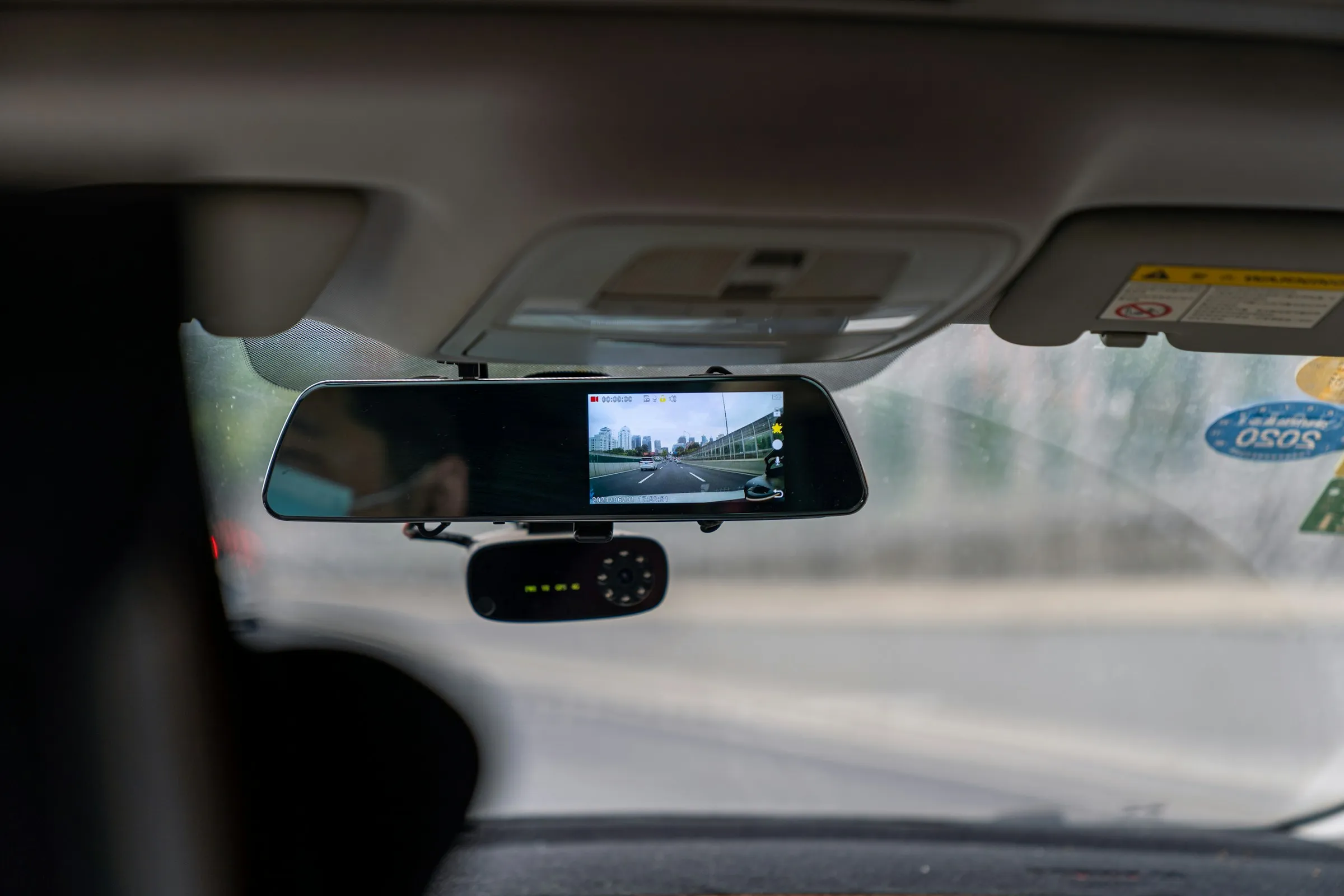
Court Settlement
A dash cam in a car can significantly simplify the following legal matters in the event of an accident. Dash cams are a powerful tool for compensation claims as a result of car accidents. In the event of an accident, a dash cam can have a decisive impact on the outcome of your lawsuit as it provides clear evidence of what happened.
Urban Thier & Federer, P.A. knows how important this evidence is to establish guilt and secure compensation for our clients. That's why we recommend that anyone in the US who drives a car install and use a dash cam. Read on to learn more about how dashcam footage strengthens your lawsuit and how effective it is compared to other forms of evidence, such as police reports.
How dashcam footage can strengthen your personal injury lawsuit
Objective and unbiased evidence
Dashcams capture everything that happens on the road in real time. These recordings are particularly valuable as they provide objective and unbiased evidence. They document events before, during and after an accident. In a personal injury lawsuit, the burden of proof falls on the injured party to show that the other driver acted culpably. Dashcam footage can clearly show what led to the accident, such as reckless driving, speeding, or failure to comply with right of way rules. This can directly support your claim and weaken the other party's defense if they deny the debt.
Confirmation of witness statements
Witness statements are often decisive but can be contradictory or unreliable due to memory problems or personal prejudices. Witnesses could disagree as to who ran over the red light or who was driving too fast. Dashcam footage can confirm witness statements or resolve discrepancies, making it easier for judges, jurors, or insurance examiners to make a decision. They remove the subjectivity of witness statements and increase the credibility of your lawsuit.
Assistance in clarifying the question of guilt
In many cases of car accidents, the question of guilt is controversial. Both drivers could blame each other, or insurance companies could dispute liability to avoid a payout. Dashcam footage can be crucial to resolving such disputes. They can show which driver acted negligently, whether someone was on their cell phone while driving, or whether a driver hit too close. This clear evidence can speed up the claims process, reduce the chances of a long-lasting legal dispute and result in higher compensation.
Fraud protection
Another major advantage of dash cam recordings is their ability to protect against fraudulent claims. Some drivers may exaggerate their injuries or even stage accidents (also known as “crash-for-cash” scams) to take advantage of the insurance system. These offenders also often seek out European tourists as victims, as they assume that they are well insured and are not familiar with American law. A dash cam can provide irrefutable evidence of how the accident actually happened, preventing false claims and protecting you from becoming a victim of fraud.
The restrictions on police reports in personal injury lawsuits
Although police reports are often used as evidence in accident lawsuits, there are clear limitations. A common misconception is that a police report is direct evidence of how an accident happened. However, it is important to understand that these reports are typically prepared after the fact and are not considered direct evidence in court. Here's why:
- The police are generally not present at the scene of the accident
Police officers usually only arrive at the scene of the accident after the accident. Their reports are based on interviews with drivers, occupants and witnesses as well as on their own observations of the scene of the accident. Since the officials were not present at the actual accident, the report is based on indirect information. The strength of a police report as evidence is refuted in particular when witness statements are contradictory or drivers give different accounts of the accident. - Subjective interpretations and mistakes
In some cases, police officers may give opinions in the report as to who they believe is at fault based on available information. However, these conclusions are not always accurate and can be appealed in court. In addition, police reports are not free from errors that can lead to misunderstandings or false conclusions. - Restricted usability in court
Police reports are generally regarded as hearsay and are only admissible in court in certain exceptional cases (see, for example, Fla. State § 316.066 (4)). This means that although the report may be useful in claims proceedings or settlement negotiations, it has less weight in court. Dashcam recordings, on the other hand, are generally permitted and can play a decisive role in directly proving how an accident happened.
Would you like to know more? Contact a lawyer today
Dashcams provide reliable, direct evidence that can support your claims, support witness statements, and prevent fraud. Police reports, although still useful, are often limited by the fact that the officers were not present at the actual accident. At Urban Thier & Federer, P.A., we advise our clients to consider the benefits of dash cams as they can significantly increase the chances of success in personal injury or wrongful homicide lawsuits following a car accident.
If you were injured in an accident, contact us today to discuss how we can help you secure the compensation you deserve.


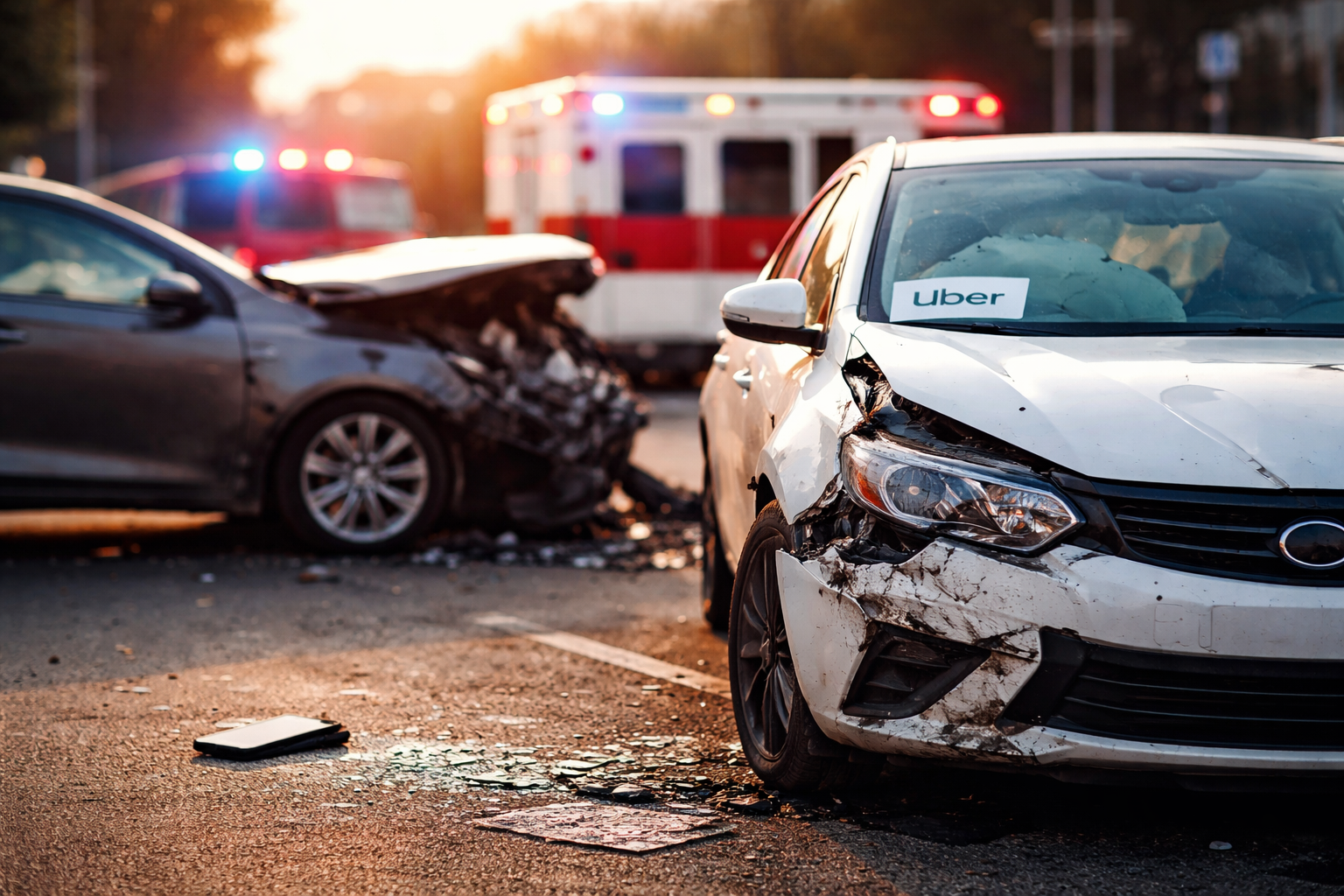
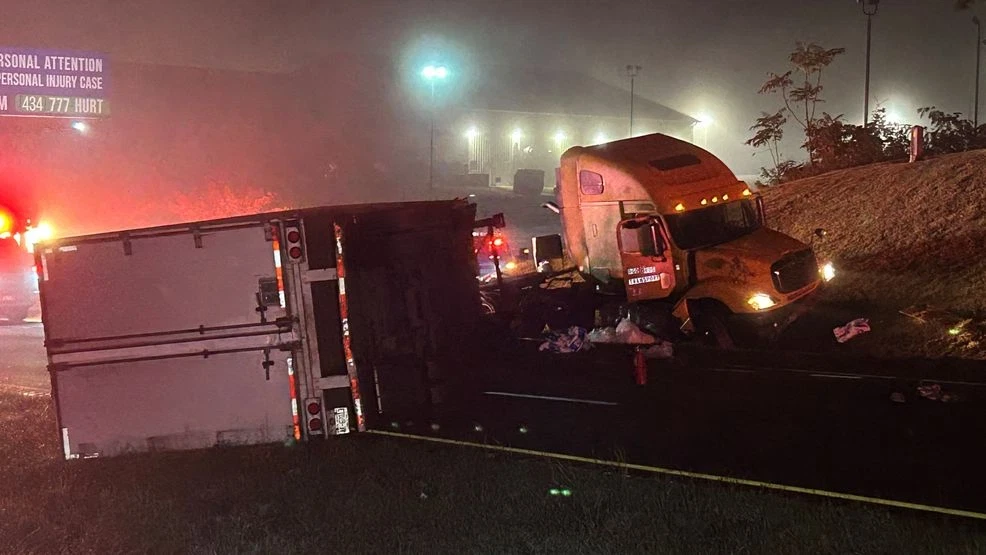
.jpg)
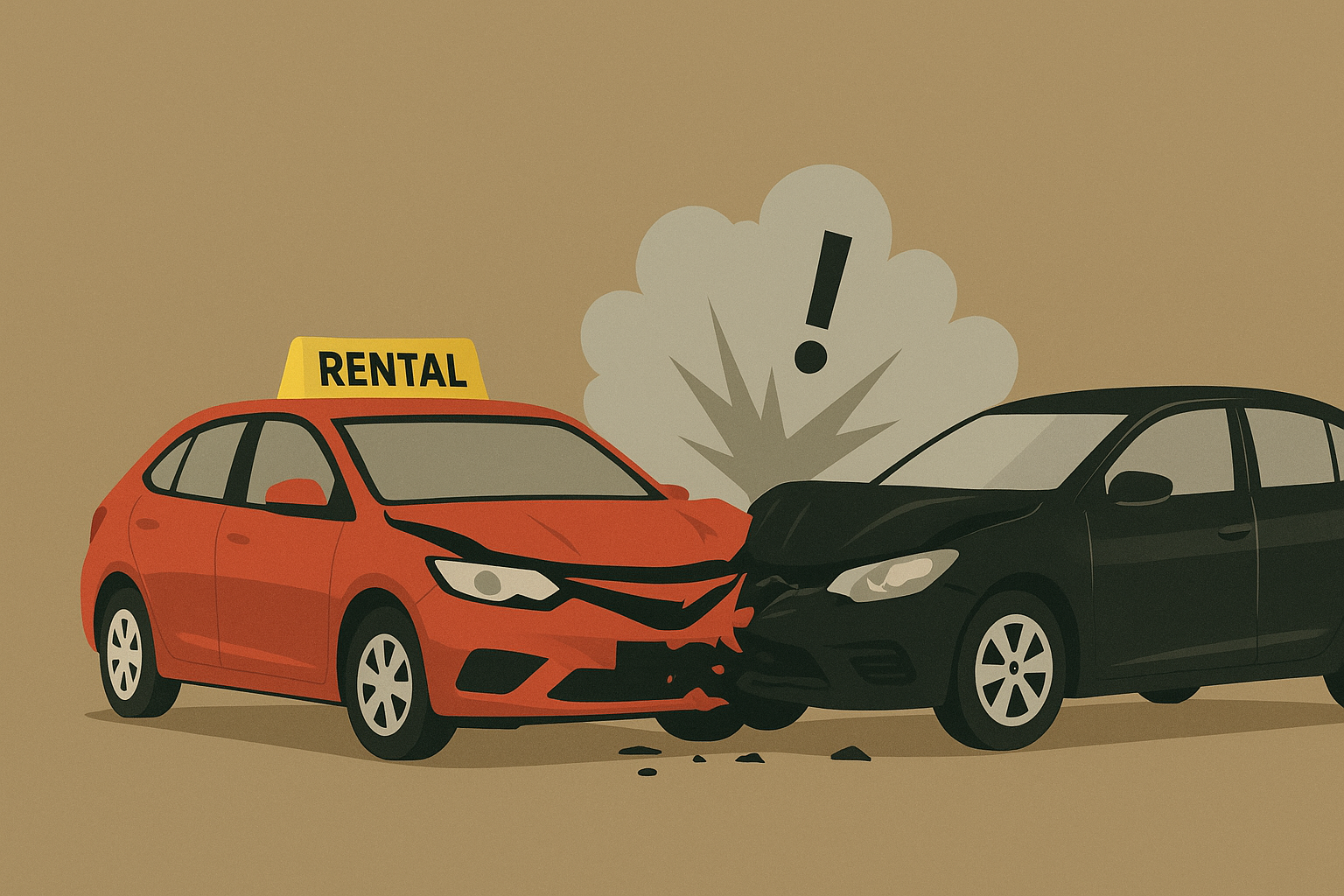


.webp)

.webp)

